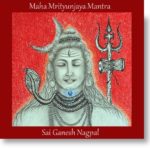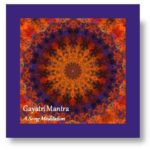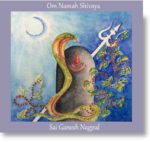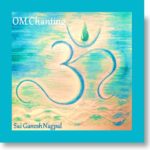Dear Seeker,
In Chapter Four of the Bhagavad Gita, Sri Krishna speaks to Arjuna about the origins of Yoga. He talks of an eternal knowledge, not authored by one person, but taught by Krishna himself as the ‘Cosmic Being’ to ‘Vivasvat’ or Surya Deva (the Sun Deity), and then passed down through the ‘Ikshvaaku‘ solar dynasty to humankind.
More than five thousand years ago on the battlefield of Kurukshetra, he says to Arjuna “Kaalena Mahataa Yogo Nashtah Paranthapa” ~ “With time, O Arjuna, the knowledge of Yoga is lost to the world”.
Addressing Arjuna as his friend (sakhaa) and devotee (bhaktaa), Krishna reminds him that this knowledge is a ‘rahasya‘ – a mystical secret known only to some. Through the medium of the Bhagavad Gita, it is revealed to Arjuna and over time, then, to the world at large.
Through every age of time we see a recurring theme of wisdom being lost in its pristine form, and when a resultant loss of inner balance is experienced acutely by persons or societies, there begins the quest for meaning anew. The world dances through the extremes, and it would seem that it is not in the nature of things to be in a state of ‘perfection’. The play between wisdom and ignorance, chaos and order, light and dark, misery and joy seems to define the contours for the larger purpose of being alive. There is no ideal end-state when everything is just the way we think it should be. Somewhere between the great swings of the pendulum of time lies a rather fragile place for us to manifest our desires, this place too is ever-changing and evolving.
As Krishna goes on to elucidate ‘Karma Yoga‘, the Yoga of action, he speaks of these extremes of fortune and loss, sorrow and happiness. Finding equilibrium through this rather messy journey, then, becomes something precious to strive for.
With love and peace,
Sai Ganesh Nagpal
For a Vedic Astrology Counselling session with Sai, please click here: Astro-Counselling with Sai





